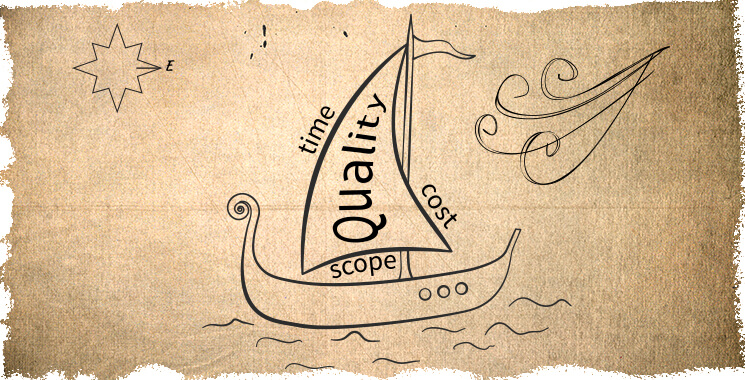Topics:
Posted on December 15, 2020
Written By Alok Kumar

Businesses achieve profitability and growth when the products or services they offer meet the highest quality standards. Similarly, every effort within your staffing business aims to fill more positions daily. To streamline this process and help you achieve your business goals, offshoring recruitment processes (candidate sourcing, resume formatting, admin support) can be highly beneficial. However, the quality of offshore engagement depends on several factors, with the offshore business scope of work being a key determinant.
For many professionals, the workday begins with responding to emails, scheduling meetings, and managing other essential business tasks. A sense of accomplishment comes from successfully completing these scheduled activities. However, unexpected challenges or confusion about tasks can sometimes disrupt this routine. To address such issues, a well-defined scope of work (SOW) document adds clarity to an offshore engagement, ensuring both providers and clients achieve their business objectives effectively.
A lack of clear offshore business scope of work can lead to confusion and inefficiencies in offshore operations. The absence of a well-documented project scope is often cited as a primary reason for unsuccessful offshore engagements. In many cases, SOW documents are created without collaboration or brainstorming with all stakeholders, resulting in vague agreements where tasks and expectations are poorly outlined.
A poorly structured scope of work document typically lacks:
Additionally, when an SOW is prepared without input from all relevant stakeholders, it often turns into a loosely defined statement of work rather than a structured, actionable document.
An ill-defined offshore business scope of work leads to uncontrolled development of products or services that may fail to meet the client’s specific requirements. Furthermore, since reporting schedules form a crucial part of an SOW, their absence can result in unforeseen flaws in the product or service development lifecycle. When such issues are discovered too late, they can derail offshore engagements, leading to project failures and significant financial losses.
Being proactive and recognizing the importance of an SOW as a key success factor for offshore partnerships can prevent these issues. To be effective, an SOW should be:
By implementing a well-documented and collaborative offshore business scope of work, businesses can foster stronger offshore partnerships, enhance operational efficiency, and achieve meaningful growth.
A clearly defined offshore business scope of work ensures alignment between the client and the offshore team, preventing misunderstandings. It sets clear expectations, streamlines workflows, and enhances the quality of service delivery.
An effective offshore business scope of work establishes precise deliverables, timelines, and reporting structures, leading to improved efficiency, fewer delays, and higher-quality outcomes. It also minimizes confusion and ensures accountability.
A strong offshore business scope of work includes clearly defined objectives, key deliverables, timelines, reporting schedules, quality benchmarks, and communication protocols. These components ensure smooth project execution and success.
A well-documented offshore business scope of work mitigates risks by defining clear roles, expectations, and contingency plans. It reduces scope creep, ensures compliance, and prevents misalignment between offshore teams and clients.
Challenges in defining an offshore business scope of work include vague requirements, lack of stakeholder collaboration, unclear deliverables, and miscommunication. Addressing these issues early ensures a more structured and successful engagement.
A well-structured offshore business scope of work enhances efficiency, reduces operational risks, and ensures on-time delivery. It creates transparency between offshore teams and clients, driving long-term success in offshore business ventures.
Originally published Dec 15, 2020 12:12:32, updated Feb 20 2025
Topics: